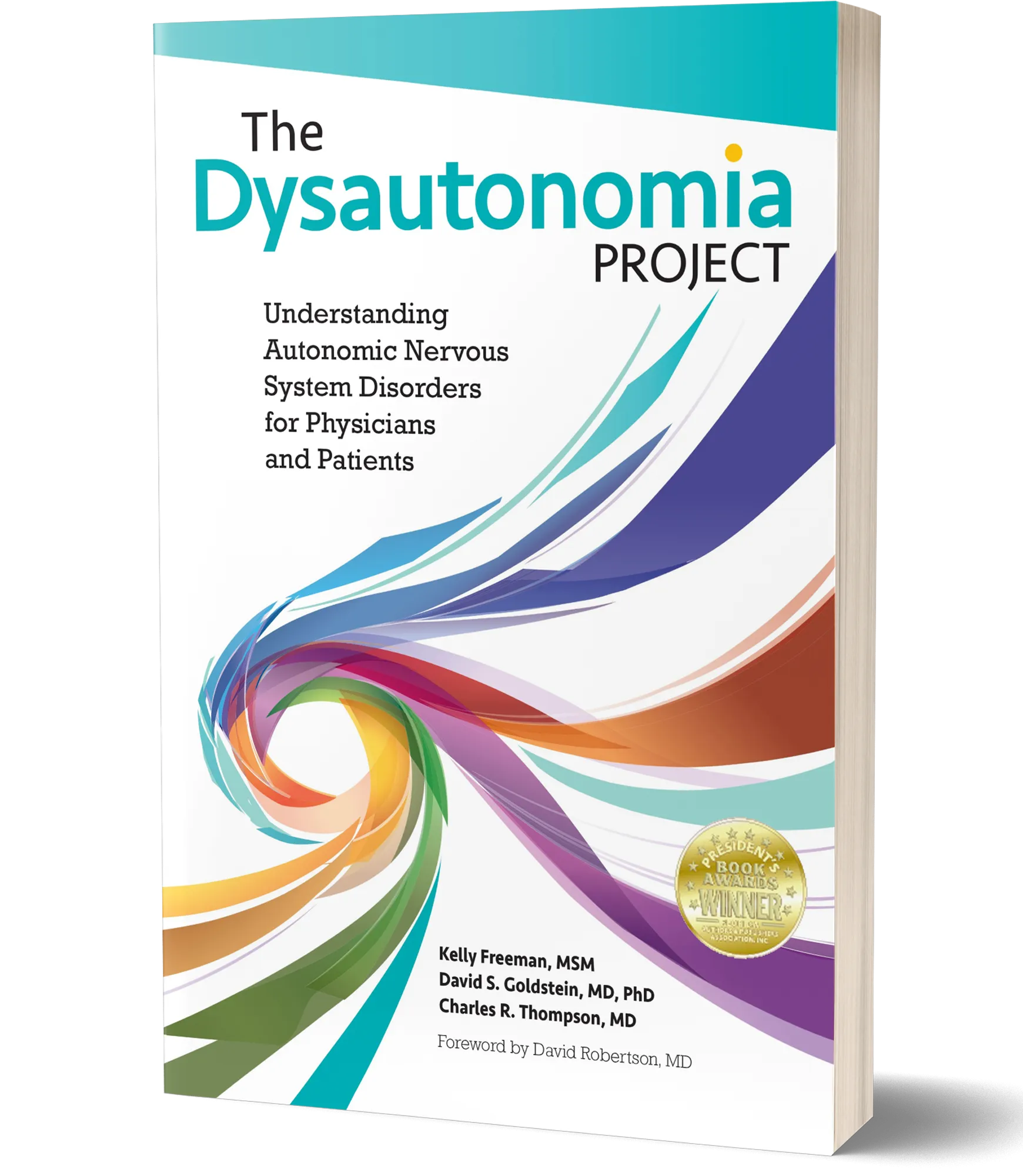
Recent Articles
In this video Dr. Singer presents important suggested instructions for patients about to undergo autonomic function testing including recommendations for whether or not patients should stay on their regular medication.
Often, I am being asked about how patients are instructed, and we have standardized instructions we give patients before testing. Those ensure that patients are adequately taken off medications, that they don’t drink alcohol, exercise very vigorously 24 hours before the test. They should not have caffeine or tobacco for at least 8 hours before the test, and again we ask patients not to come after a 3-course meal into the lab that could certainly affect things as well. Along with that, we have gone away from giving patients generalized medication instructions because we’ve learned there’s patients in whom it’s simply not safe to take them off medications. You’d like to take them off the beta-blocker for example, but you can’t safely do it and there has to be a compromise, and this is not something that the lab physician should decide on. We defer it to the referring physician to make the judgment. So, we tell the patient follow your physician’s instructions and then we separately in the ordering system, give guidance to all physicians that order the test to make that happen and ideally, you would want every medication that could potentially affect testing off for at least 5-half-lives. Well, that is not practical. I mean we have medications that have a half-life of a week. So, how you are going to do that. So, for practical reasons, we have gone with recommendations that basically say those antidepressants and anticholinergics, take them off for at least 48 hours. That’s better than nothing, that usually gives us a relatively clean test. It’s not ideal, but it’s practical and then, certain medications like blood pressure medications and beta-blockers, if you hold those, you can actually get a rebound effect if you hold them too long. So, we usually tell patients and physicians to just don’t take them the morning of the test that we get a sort of an in between reading between the being completely off and being completely beta blocked.

Wolfgang Singer, MD
Associate Professor of Neurology
Mayo Clinic Rochester, MN




